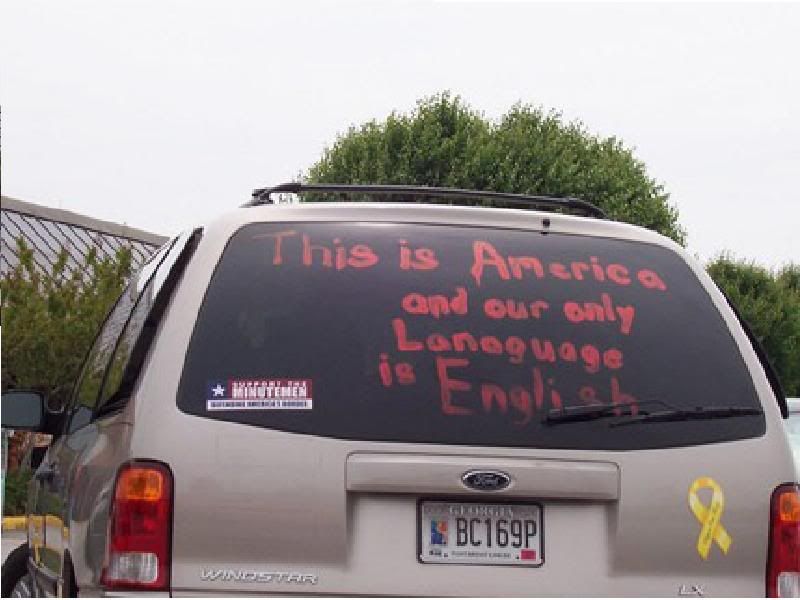
Wednesday, July 29, 2009
Sunday, July 26, 2009
anyway
You can spend your whole life building
Something from nothing
One storm can come and blow it all away
Build it anyway
You can chase a dream
That seems so out of reach
And you know it might not ever come your way
Dream it anyway
God is great but sometimes life aint good
And when I pray
It doesn't always turn out like I think it should
But I do it anyway
I do it anyway
This worlds gone crazy
And it's hard to believe
That tomorrow will be better than today
Believe it anyway
You can love someone with all your heart
For all the right reasons
And in a moment they can choose to walk away
love em anyway
God is great but sometimes life aint good
And when I pray
It doesn't always turn out like I think it should
But I do it anyway
Something from nothing
One storm can come and blow it all away
Build it anyway
You can chase a dream
That seems so out of reach
And you know it might not ever come your way
Dream it anyway
God is great but sometimes life aint good
And when I pray
It doesn't always turn out like I think it should
But I do it anyway
I do it anyway
This worlds gone crazy
And it's hard to believe
That tomorrow will be better than today
Believe it anyway
You can love someone with all your heart
For all the right reasons
And in a moment they can choose to walk away
love em anyway
God is great but sometimes life aint good
And when I pray
It doesn't always turn out like I think it should
But I do it anyway
"The good you do today will often be forgotten. Do good anyway."
-Mother Teresa's wall in Kolkata
Thursday, July 9, 2009
the life you can save
I tend to irrationally think that marketing is of the devil: convincing people to buy things they don't need to impress people they don't like. But an idea has been nagging at me recently that it can be an incredible tool for something besides consumerism. I'll let you read Nicholas Kristof's opinion about improving the world. Part of me is wishing I'd studied marketing in school instead of the waste of time I did study for 4 1/2 years. But who knows maybe I'll find a worthy use of knowing how to fluff pillows someday.
All jesting aside, the gist of the article [in case you don't feel like reading it] is that several countries are disturbingly far behind in meeting humanitarian aid pledges, and he proceeds to explore the reason we are so willing to save people we can see and recognize but remain coldly indifferent to the suffering of people far away. Kristof deplores how poorly aid groups advertise, "Any brand of toothpaste is peddled with far more sophistication than the life-saving work of aid group."
The problem seems to be that the more people die, the less we care. For example, in one study, people donate generously to Rokia, a 7-year-old malnourished African girl. But when Rokia’s plight was explained as part of a larger context of hunger in Africa, people were much less willing to help.
Anyway I could continue to give you a breakdown of the article but I'd rather encourage you to read it yourself.
All jesting aside, the gist of the article [in case you don't feel like reading it] is that several countries are disturbingly far behind in meeting humanitarian aid pledges, and he proceeds to explore the reason we are so willing to save people we can see and recognize but remain coldly indifferent to the suffering of people far away. Kristof deplores how poorly aid groups advertise, "Any brand of toothpaste is peddled with far more sophistication than the life-saving work of aid group."
The problem seems to be that the more people die, the less we care. For example, in one study, people donate generously to Rokia, a 7-year-old malnourished African girl. But when Rokia’s plight was explained as part of a larger context of hunger in Africa, people were much less willing to help.
Anyway I could continue to give you a breakdown of the article but I'd rather encourage you to read it yourself.
Subscribe to:
Posts (Atom)